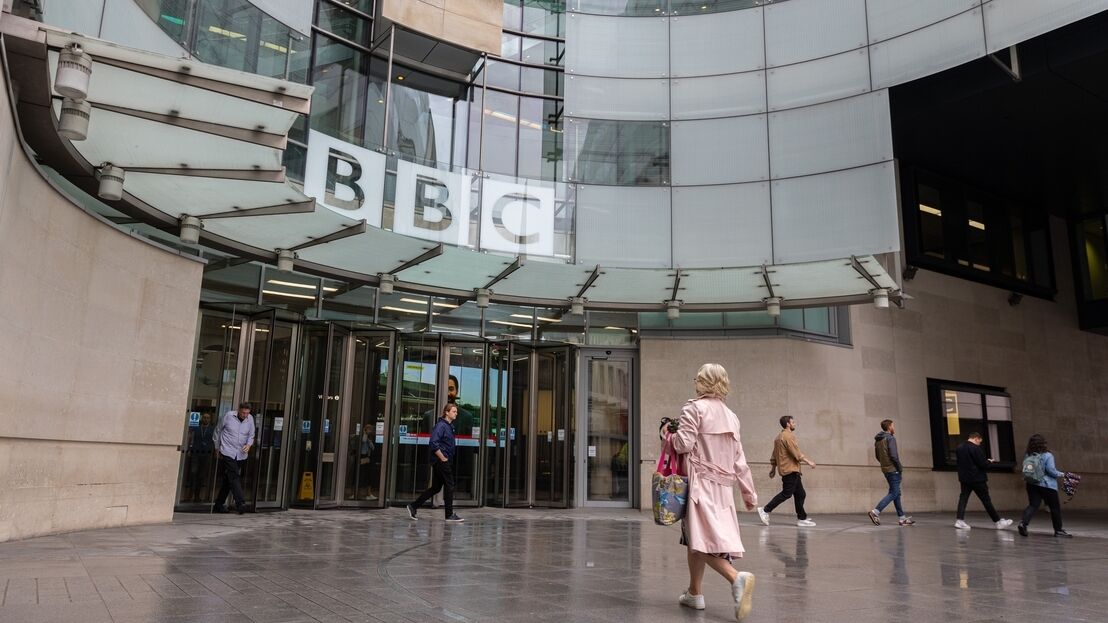The BBC has warned of further cuts after receiving a lower-than-expected licence fee increase for 2024.
Culture Secretary Lucy Frazer announced that the current annual fee of £159 – which has been frozen for the past two years despite high inflation – will rise to £169.50 from April 2024.

The government said that, against a background of ongoing cost of living pressures faced by families, it has changed how the inflation-linked uplifts to the licence fee are calculated for 2024.
The previous methodology for calculating inflation was the averaged annualised October to September CPI figure of 9 per cent. The new methodology for 2024 uses the annual rate of CPI in September 2023 of 6.7 per cent, and is the approach used to calculate uplifts to benefits.
The government said that the BBC will still have over £3.8 billion in annual licence fee funding to spend.
In a statement, the BBC said “This outcome will still require further changes on top of the major savings that we are already delivering. Our content budgets are now impacted, which in turn will have a significant impact on the wider creative sector across the UK. We will confirm the consequences of this as we work through our budgets in the coming months.
Frazer said: “This is a fair deal that provides value for money for the licence fee payer while also ensuring that the BBC can continue to produce world leading content. We know family budgets are stretched, which is why we have stepped in again – following two years of licence fee freezes – to reduce this year’s increase to less than a £1 a month.”
Separately, Frazer also announced a review into how the BBC should be funded in the future.
The review will assess a range of options for funding the BBC and will look at how alternative models could help secure the broadcaster’s long-term sustainability amid an evolving media landscape, increased competition and changing audience behaviour, while reducing the burden on licence fee payers.
The review will be supported by analysis which will include externally commissioned research.
You are not signed in
Only registered users can comment on this article.

Charity publishes set of principles for mentally healthy productions
The Film and TV Charity has unveiled its new ‘Principles for Mentally Healthy Productions’ to help address systemic pressures and poor working practices across the UK screen sector, aiming to improve culture and conditions on productions.

Warner Bros Discovery and BBC report strong Winter Olympics viewing
Warner Bros. Discovery (WBD) and the BBC have both reported strong viewership results for their coverage of the Olympic Winter Games for Milano-Cortina 2026.

Sports programming surges on major streaming platforms
Sports programme offerings across the top five subscription video-on-demand (SVOD) services jumped 52% year-over-year, according to research by Gracenote, the content data business unit of Nielsen.

EIT Culture & Creativity becomes IBC2026’s European Innovation Partner
IBC has appointed the EIT Culture & Creativity as its European Innovation Partner for 2026.

UK’s Production Park wins approval to expand
West Yorkshire-based stage and screen facility Production Park has received planning approval to expand.



